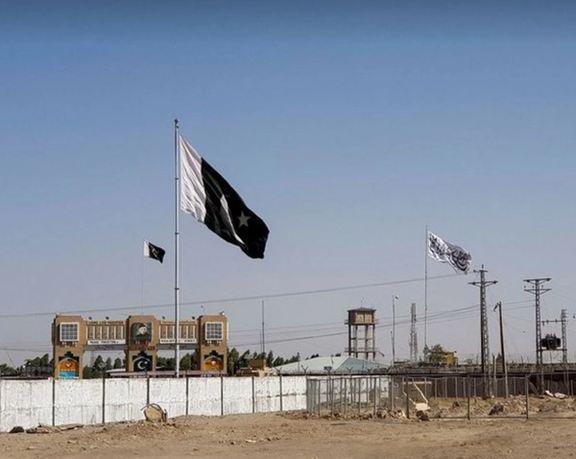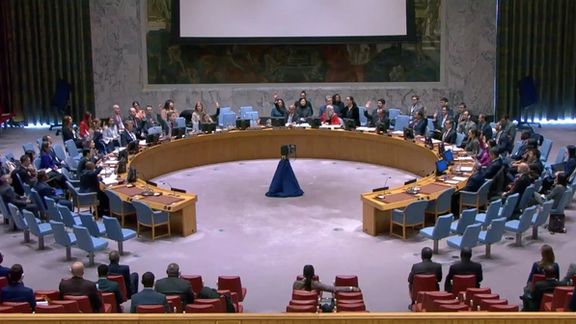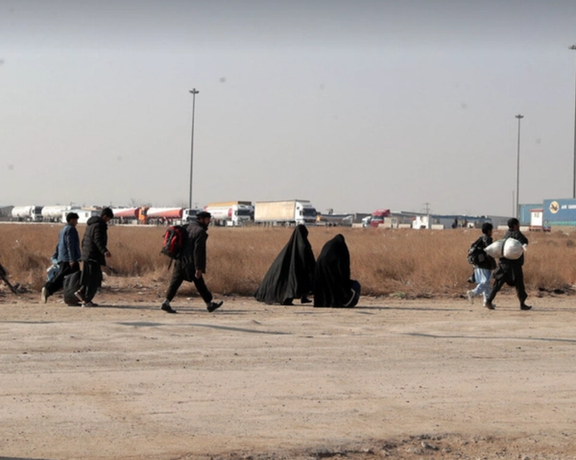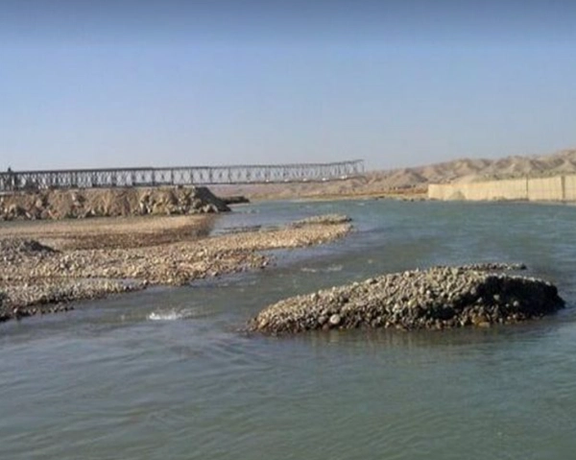The Human Rights Council, on Monday, assessed the recently released report of Richard Bennett, the UN Special Rapporteur on Human Rights for Afghanistan.
At the Human Rights Council’s meeting, which was broadcast by Afghanistan International, the Human Rights Council’s member states asked the international community to closely monitor human rights violations in Afghanistan and pressurise the Taliban to change their behaviour against Afghans.
Rina Amiri, the US Special Envoy for Women and Human Rights situation in Afghanistan, called Afghan women’s rights a strategic priority of Washington.
Amiri announced that the US condemns the Taliban's systematic discrimination against girls and women and stands with Afghans for human dignity and human rights.
The representative of France at the Human Rights Council stressed that the Taliban have locked Afghan women and girls at home and in darkness. The French envoy emphasised that the UN Special Rapporteur’s recent report about the human rights situation in Afghanistan shows that an unprecedented level of restrictions has been imposed on Afghan women which is equivalent to a gender apartheid by the Taliban and is considered a “war crime.”
The representative of Spain at the Human Rights Council also demanded an investigation into whether the Taliban's treatment of Afghan women is a "war crime".
The UN Children’s Agency’s representative said that six million children in Afghanistan need support. He added that in addition to the existing humanitarian crisis, human rights violations have made the situation in Afghanistan more complicated. According to the UNICEF representative, women, and girls experience violence now more than ever, and they face forced marriages and domestic violence.
The representative of Qatar at the Human Rights Council also asked the Taliban to lift the restrictions imposed on Afghan women's right to work and education.
The British representative at the Human Rights Council said that the Taliban has deprived girls above grade six from pursuing education for more than 600 days. He asked the Taliban to open schools and let women and girls work and get education.
The representative of Canada stated that Ottawa is worried about the situation of women's rights and the restrictions imposed by the Taliban. He added that gender discrimination is not only an attack on the rights of Afghan women and girls, but also endangers the future of Afghanistan.
Representatives of Finland, Belgium, the European Union, Kyrgyzstan, and South Korea also spoke at the Human Rights Council’s meeting. On behalf of Central Asian countries, the representative of Kyrgyzstan called for the formation of an inclusive government in Afghanistan and expressed concern about the situation of ethnic and religious minorities in Afghanistan.






